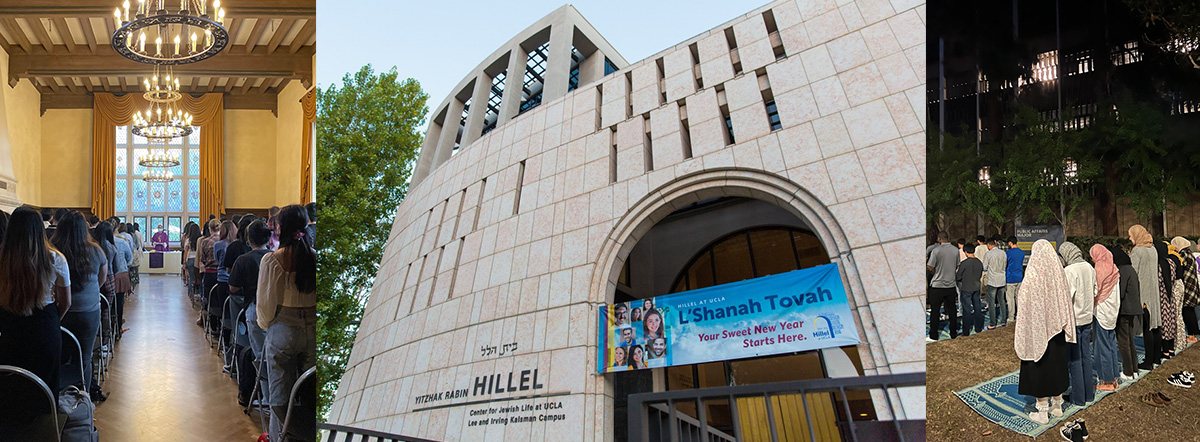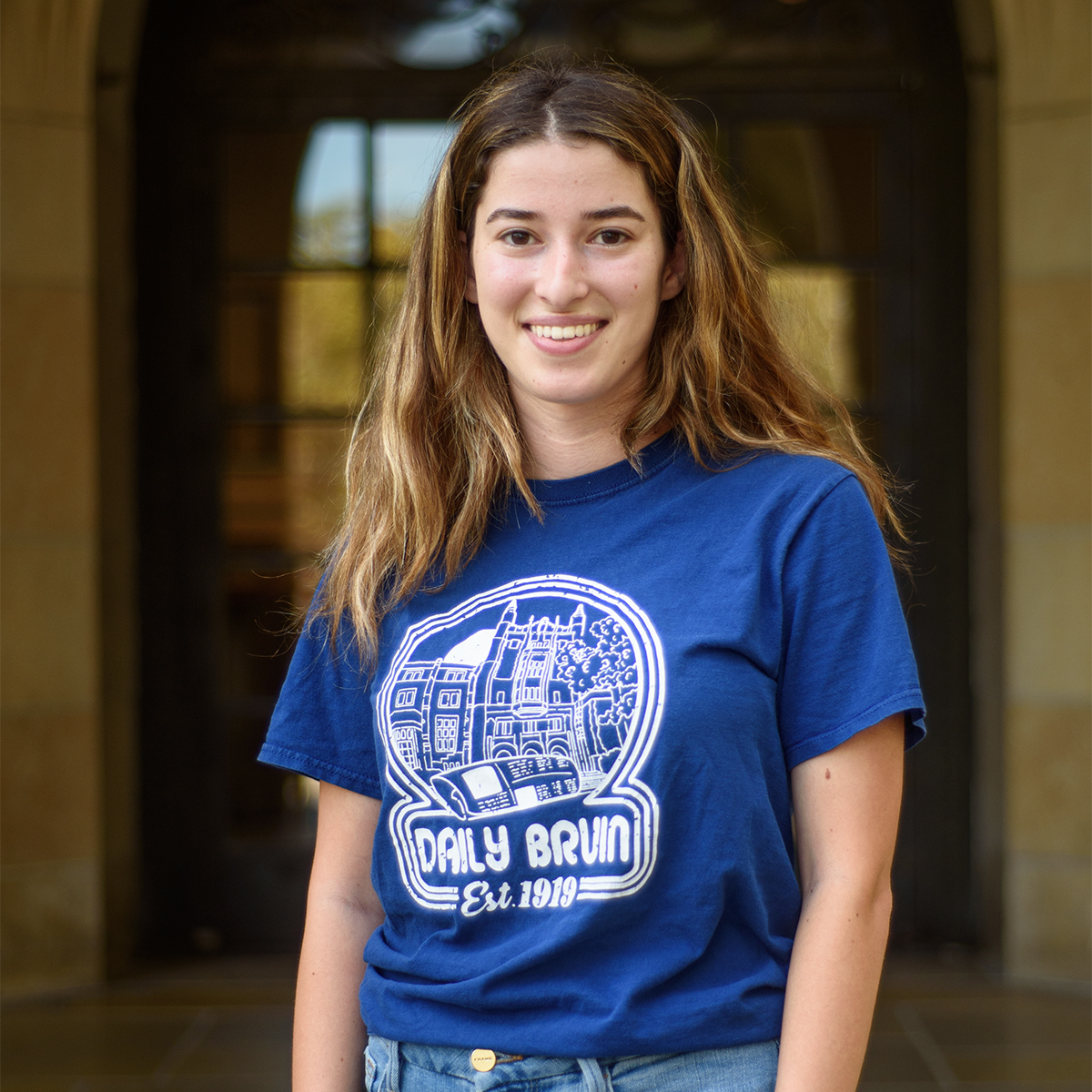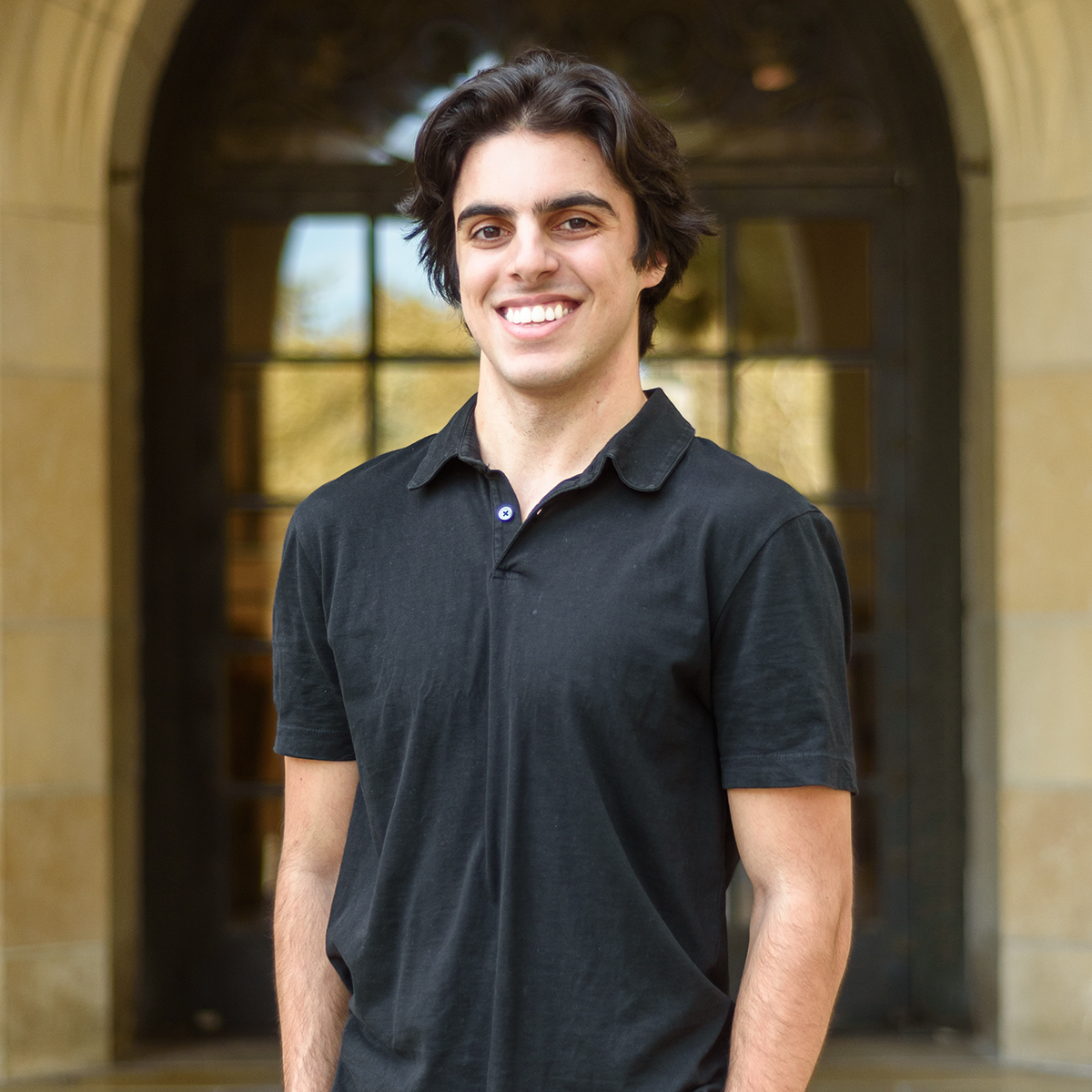Opinion: With no centralized religious accommodations, UCLA leaves behind observing Bruins

(From left to right: Courtesy of the University Catholic Center Archive, Daily Bruin file photo, Courtesy of Neha Farhan)
Batyah Jasper only managed to attend one uninterrupted week of classes during the first half of fall quarter because of overlap with the Jewish holidays.
Neha Farhan and other Muslim Bruins only now have a space to pray on campus after years of advocacy.
If UCLA values equity, diversity and inclusion, then the institution must take a centralized approach to make education accessible to students of all levels of religious observance. When the burden falls on Bruins to safeguard their holidays, prayer space and sacred duties, the university’s dedication to its own mission comes into question.
Attending lectures, taking examinations and keeping up with assignments is the foundation to success as undergraduate students. But too often, Bruins are left to negotiate with instructors when these academic responsibilities conflict with religious obligations.
Neha Farhan, a third-year psychobiology student and the Public Relations director of the Muslim Student Association @ UCLA, said it is not uncommon for professors to schedule exams on significant Muslim holidays, such as Eid al-Fitr, a celebration that marks the end of Ramadan.
“These are pretty well-known holidays, but professors – knowing that – will still put exams on the day of Eid,” Farhan said.
Batyah Jasper, a first-year biochemistry student and a Modern Orthodox Jew, said missing important class information early in the quarter, such as test dates and homework instructions, resulted in worries about the negative impression she was giving her instructors and peers.
She added that her holiday-based absences were counted as now-depleted sick days for one class, raising concerns regarding what she should do if she does actually get sick, or has an emergency in the future.
It has already been a particularly challenging quarter for observant Jewish Bruins. There have been five Jewish holidays which collectively prohibited work for six total days before week five.
Beyond these seasonal holidays, the Jewish Sabbath, commonly called Shabbat, begins weekly on sunset Friday through nightfall Saturday and prohibits all work activities, including the use of electricity.
While many instructors have provided accommodations to students to observe religious holidays, the back-and-forth communication can be uncomfortable and vulnerable.
Farhan said some of her peers in MSA are afraid to reach out to professors about religious conflicts. Other students are forced to choose between attending prayer and taking exams, she added.
Jasper said when she notified a professor she would be missing class for one of the High Holidays, she was asked if she could just skip the holiday. Although Jasper said she believes her instructor was joking, comments like these still exacerbate the existing insecurities religious students face when it comes to seeking accommodations.
Moreover, these hurdles undermine UCLA’s visions of “excellence and diversity,” as outlined by the university’s Mission Statement, leaving UCLA’s very own excellent and diverse students to question whether they belong.
Fostering consideration and acknowledgement among religious students is a necessary part of achieving a functionally diverse student body.
Farhan said that in response to academic and religious conflicts, MSA created an External Affairs Committee where students can work together to advocate their needs to the university. This year, the committee is working on a letter to send to professors during Ramadan to explain the holiday and why students may be absent or less participatory during the monthlong observance.
Time after time, we see students doing the work of the university when it comes to creating inclusive spaces and educating administration on the needs of observant Bruins.
In an emailed statement, UC Office of the President spokesperson Steve Montiel said instructors are responsible for determining religious accommodations for their students.
Montiel added that, according to the UCLA Academic Personnel Office, instructors are prohibited from discriminating on the basis of religion and that UCLA must provide alternate exam times when the scheduled time would conflict with a student’s religious obligation. He did not offer a comment on whether the university provides instructors with information to navigate the potential conflicts between religious holidays and school.
When the university is proactive in accommodating religious observance, students feel supported and grateful.
RJ Cardenas, a fourth-year history student and student leader at the University Catholic Center, said he was fortunate he never had to miss school for a religious holiday, in large part due to the university’s accommodations.
“We held religious observance of Ash Wednesday and were able to have an Ash Wednesday service on campus,” Cardenas said. “I think that was an instance where the university really facilitated our ability to live out our faith and also attend class.”
Not all students, however, experience the same consideration from the university, and, unfortunately, the gaps in religious student inclusion do not end at holidays and test dates. To proudly call our campus equitable, inclusive and diverse, the university must address the needs of religious students.
This means offering halal and kosher food options. It means giving Muslim students time to fulfill their Friday prayers. It means being mindful of Shabbat. It means accounting for the Catholic Sunday obligation. It means all of this and so much more to students of all religious traditions.
Respecting religious holidays is a critical first step to get there.




